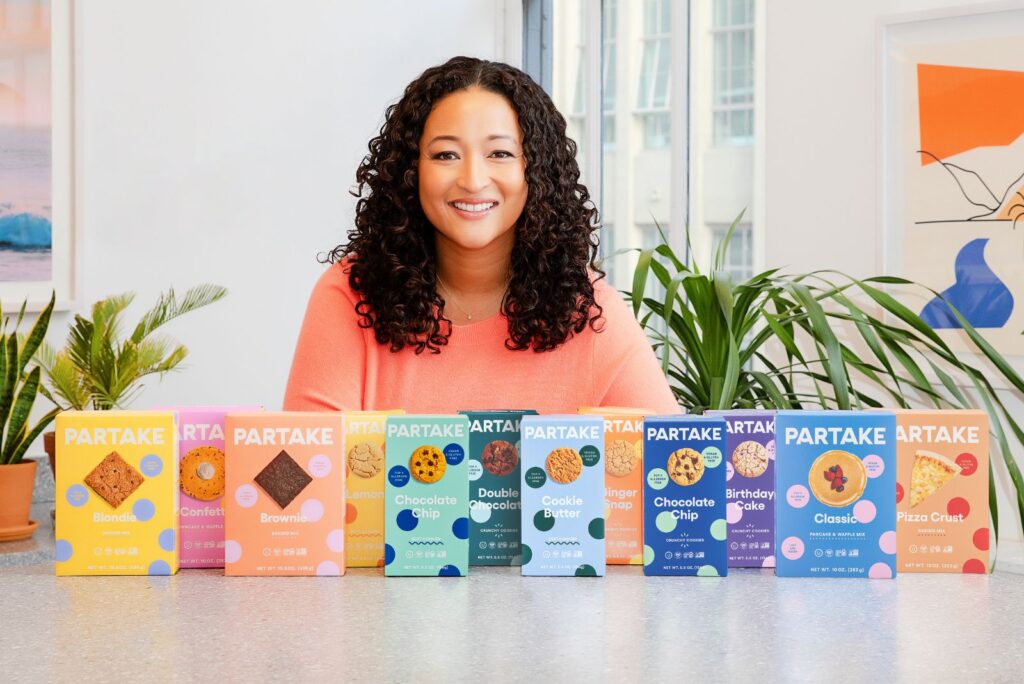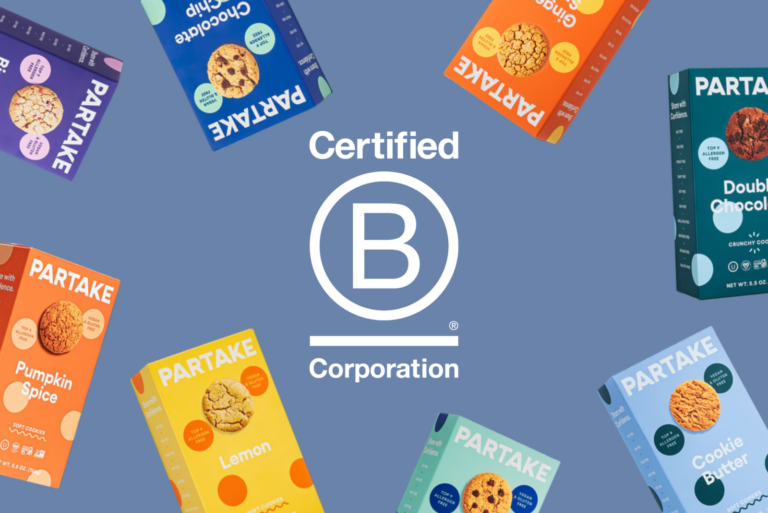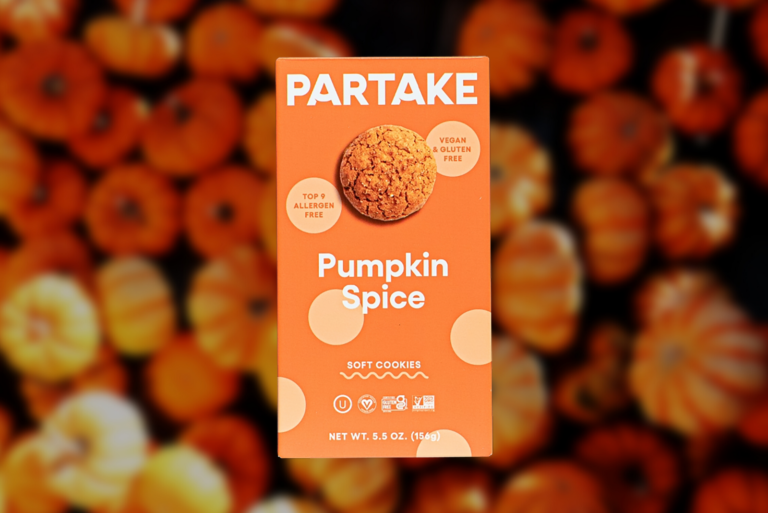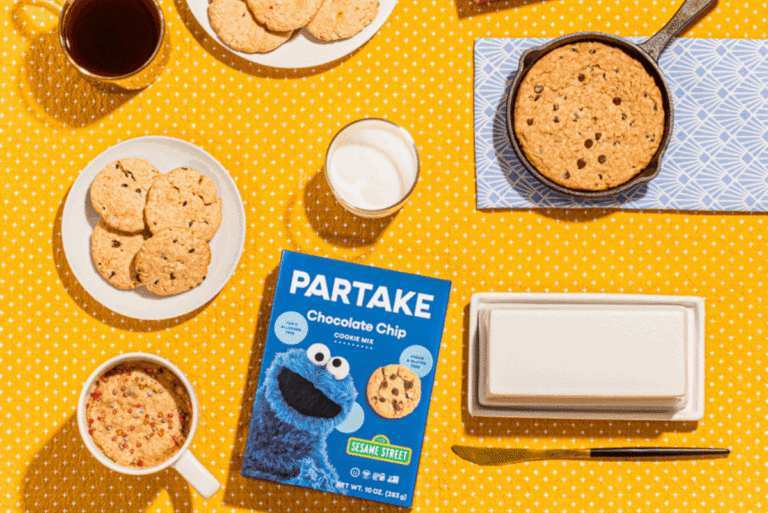“I got to work with high-growth, mission-oriented beverage brands, and that gave me a glimpse into entrepreneurship,” she recalled. “I saw how a seemingly regular person with a big dream could make a change.”
Woodard didn’t realize it, but that was a foreshadowing of her own career path.
On the surface, her story isn’t new: She’s a mom who started making allergy-friendly treats after her daughter, Vivienne, was diagnosed with several food allergies. It’s often the origin story for many emerging brands in the better-for-you food space. But the way Woodard built the brand made her a hero in more ways than she could have expected… and not just for Vivienne, though she was the driving force.
When you start a food company for your child’s nutritional needs, failure is not an option. Vivienne was her North Star.
“It would be one thing if I started any other business and it failed,” Woodard said. “But there was no way I could have looked at my daughter and said, ‘Mommy started a company to make things better for you. And then it got really hard, and a lot of people said no, so I quit.’ That was not going to be the example I set for her.”
In some ways, developing the product was the easy part. And while having sales and marketing experience with one of the country’s biggest beverage brands looks great on a resume, marketing is only a small piece of what it takes to launch a CPG startup.
“I started the business in a very small way and had to learn on my feet,” Woodard recalled. “I was bootstrapping and delivering cookies out of my car. But that gave me the opportunity to learn every facet of building the company.”
Because it’s almost impossible for large-scale brands to be nimble, the boom in emerging CPG stemmed from the fact that big companies are innovating via acquisition. Woodard used that insight to shape how she innovates in her own product development.
Learning the hard way about innovation and scale, she’s self-taught in developing a formal Stage Gate innovation process and food safety in manufacturing.











